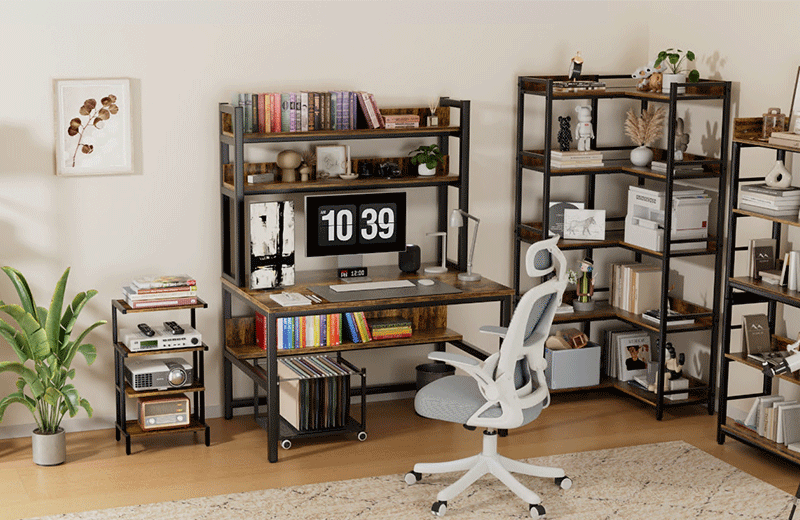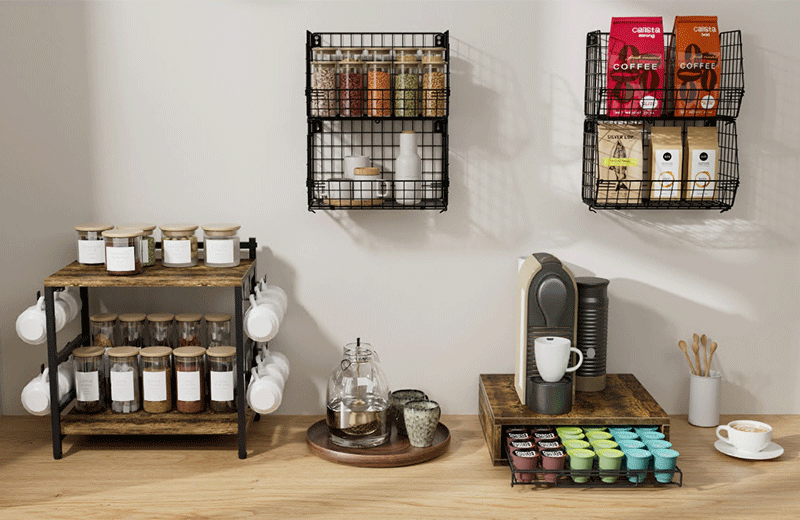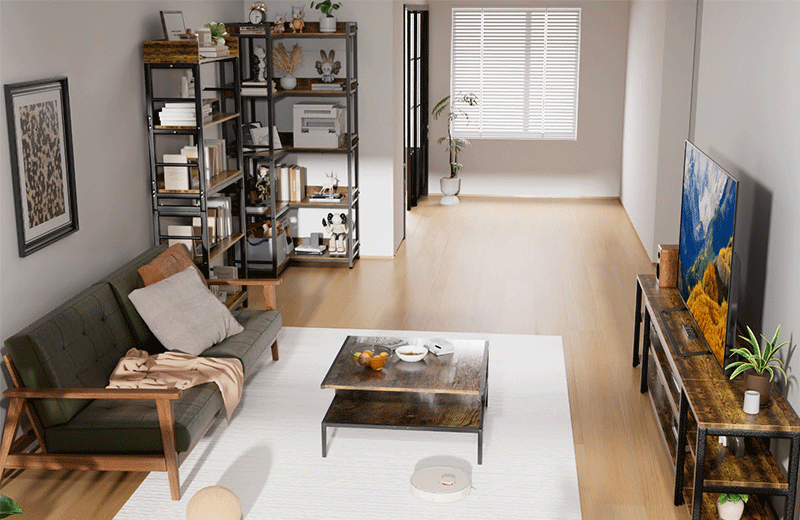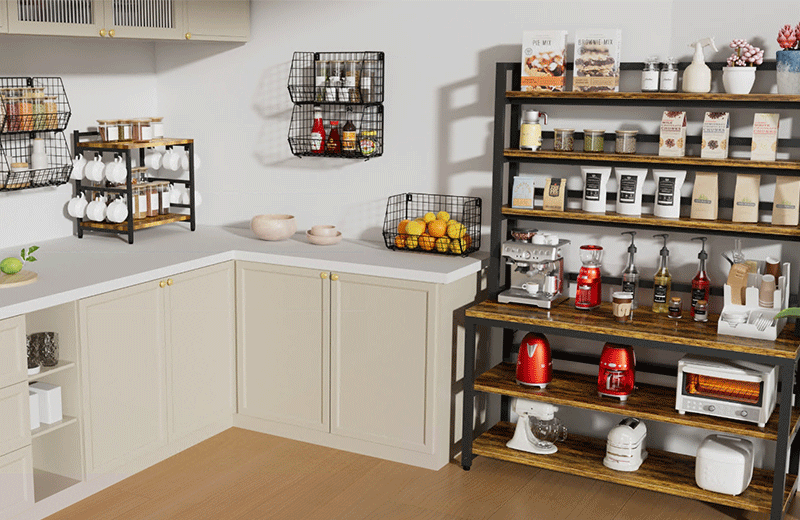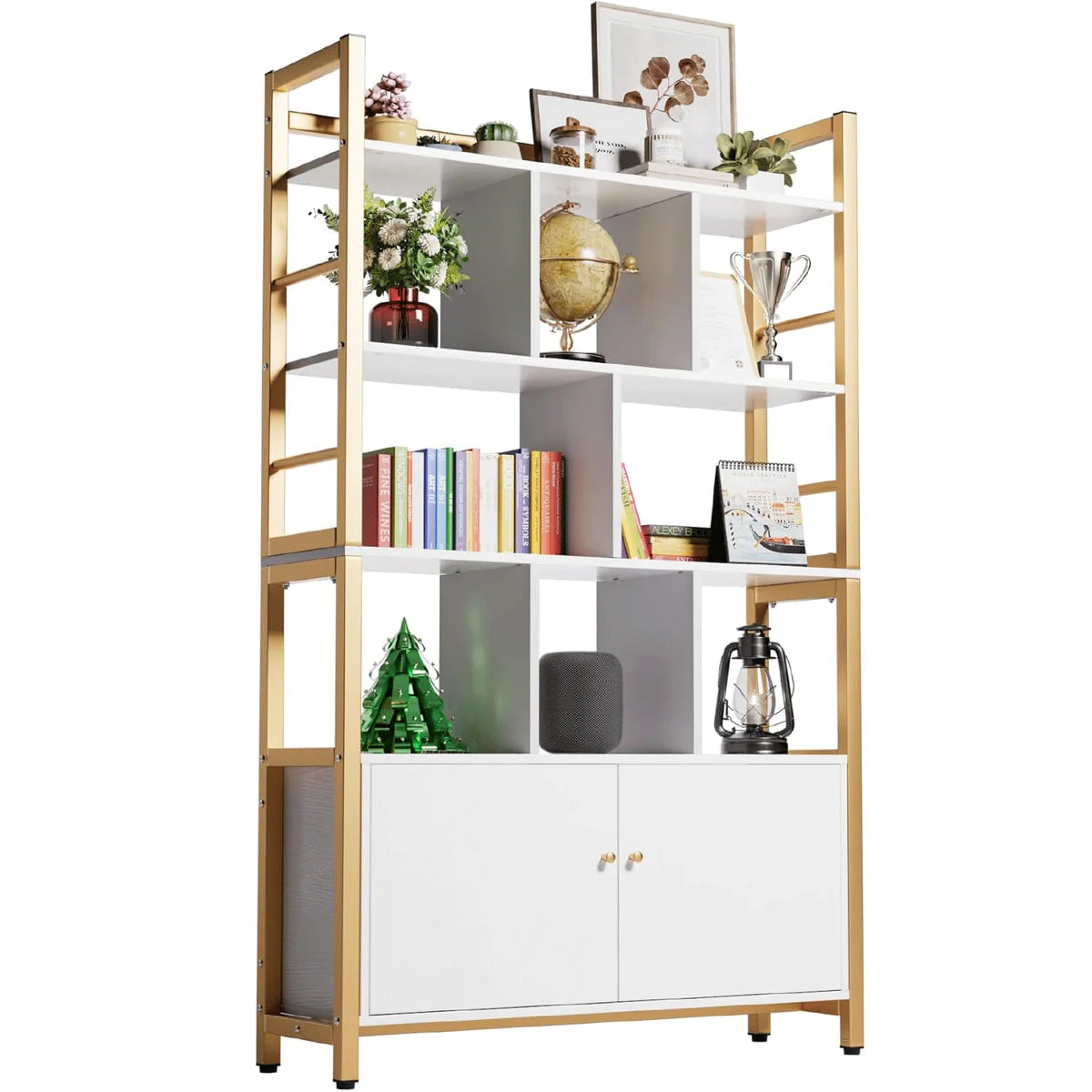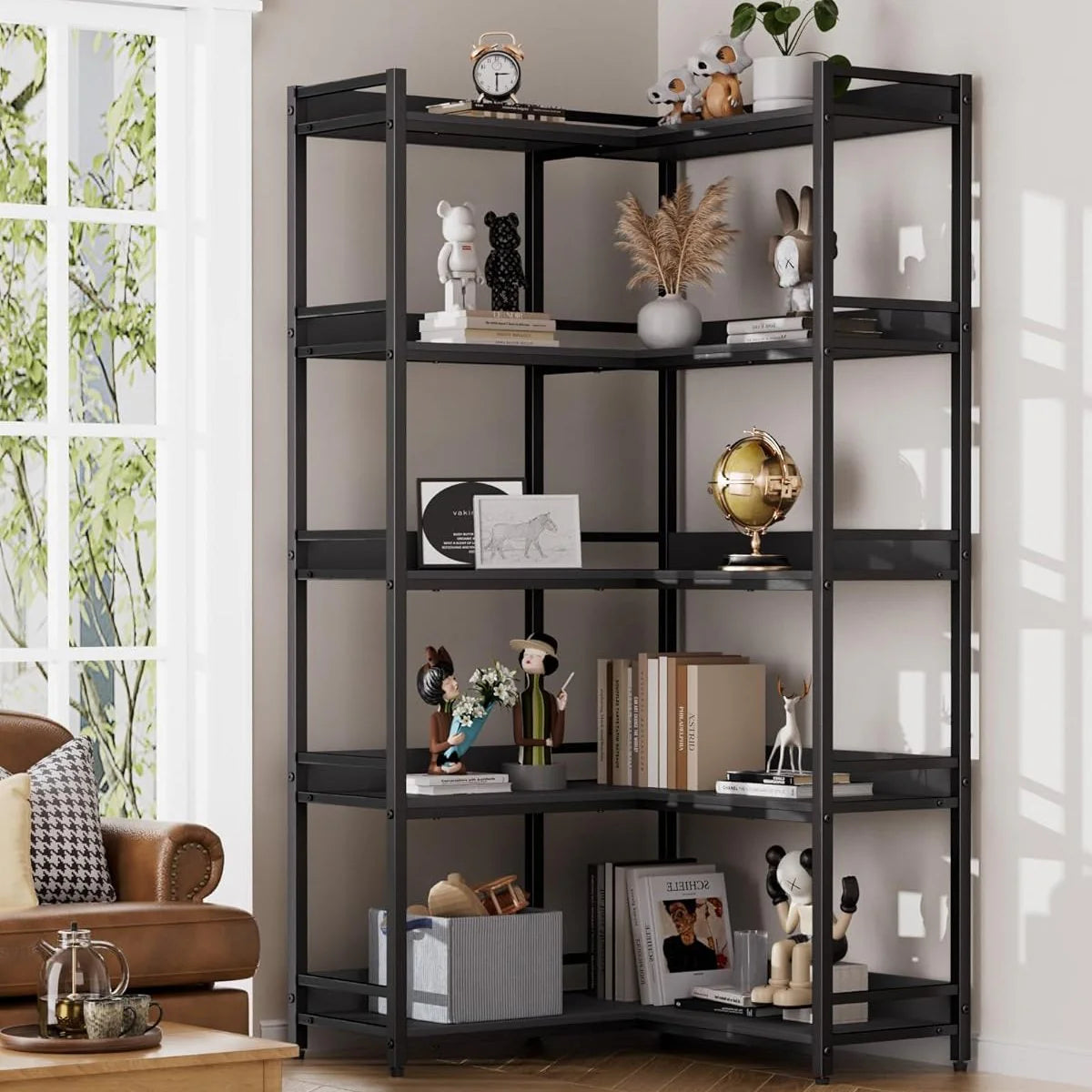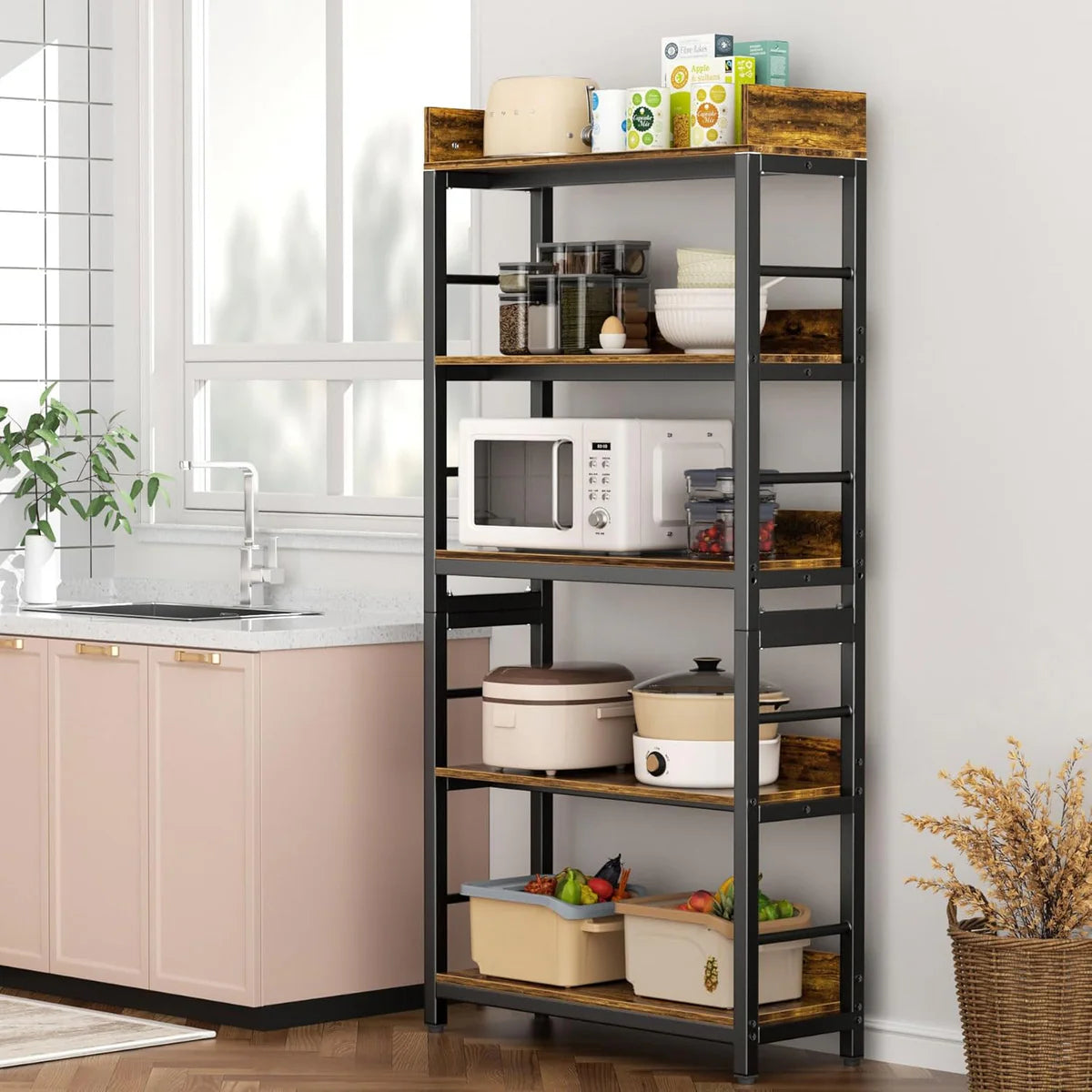When it comes to organizing your reading materials and decorative items, the terms bookcase and bookshelf often come up. While many people use these terms interchangeably, they refer to distinct types of furniture that serve different purposes. Understanding the differences between a bookcase and a bookshelf can help you make informed choices about your home or office decor. This article will explore their definitions, designs, functionalities, and how to choose the right one for your needs.
Definitions
Bookcase: A bookcase is a freestanding piece of furniture that typically features multiple shelves enclosed on three sides. It is designed to sit on the floor and is often used to store books, collectibles, and other items. Bookcases may have doors to protect items from dust and damage, making them suitable for more fragile possessions.Bookshelf: A bookshelf, on the other hand, is generally a single shelf or a series of shelves that can be mounted on a wall or supported by brackets. Unlike bookcases, bookshelves do not have enclosed sides and are often open in design. They are typically lighter and can be used for various purposes beyond just storing books.
Key Differences
-
Structure:
- Bookcase: Freestanding with enclosed sides; designed to hold heavier items.
- Bookshelf: Can be wall-mounted or supported by brackets; usually open and lighter.
-
Storage Capacity:
- Bookcase: Often has multiple shelves and can accommodate larger collections.
- Bookshelf: Generally offers less storage capacity but can be customized with additional shelves.
-
Design and Aesthetics:
- Bookcase: Tends to have a more traditional look, often made from solid wood or heavy materials.
- Bookshelf: Available in various modern designs, including floating shelves or ladder-style units.
-
Functionality:
- Bookcase: Ideal for storing books as well as decorative items; may include drawers or cabinets.
- Bookshelf: Primarily used for displaying items; often requires bookends to keep books upright.
-
Portability:
- Bookcase: Heavy and bulky; difficult to move without assistance.
- Bookshelf: Generally lighter and easier to transport; can be rearranged more frequently.
Choosing Between a Bookcase and Bookshelf
When deciding whether to invest in a bookcase or bookshelf, consider the following factors:-
Space Availability:
- If you have limited floor space, a wall-mounted bookshelf may be the best option.
- For larger rooms where you want a statement piece, a bookcase can provide ample storage.
-
Purpose of Use:
- If you need to store heavy books or fragile collectibles, opt for a bookcase with enclosed sides.
- For casual display of books and decorative items, a bookshelf can offer versatility.
-
Style Preferences:
- Consider your existing decor. Bookcases tend to fit well in traditional settings, while bookshelves can complement modern interiors.
- Both options come in various materials and finishes, allowing you to match your furniture style.
-
Budget Considerations:
- Bookcases are generally more expensive due to their size and construction materials.
- Bookshelves can be found at lower price points, especially if you opt for simpler designs or materials like metal or plastic.
Types of Bookcases
There are several types of bookcases designed to meet different needs:- Traditional Bookcases: These are tall units with multiple shelves and closed sides. They often feature ornate designs and are made from solid wood.
- Barrister Bookcases: These have glass doors that protect books while allowing visibility. Each shelf is usually a separate unit that can be stacked.
- Corner Bookcases: Designed to fit into corners, these units maximize space while providing additional storage.
- Modular Bookcases: These allow for customization by combining different units to create a personalized shelving system.
Types of Bookshelves
Bookshelves also come in various styles:- Floating Shelves: Mounted directly on walls without visible brackets, creating a minimalist look.
- Ladder Bookshelves: Lean against the wall with shelves that increase in size from top to bottom; ideal for small spaces.
- Cube Shelves: Feature cubical compartments that can hold books as well as decorative items.
- Etagere Shelves: Open shelving units that provide an airy feel and are perfect for displaying collectibles alongside books.
Advantages of Each
Advantages of Bookcases
- Protection for Items: Enclosed sides keep dust away from books and collectibles.
- Sturdy Construction: Designed to hold heavier items without bowing or collapsing.
- Versatility in Use: Can serve as storage for various items beyond just books—think office supplies or toys.
Advantages of Bookshelves
- Space-Saving Design: Wall-mounted options free up floor space.
- Easy Accessibility: Open design allows quick access to displayed items.
- Decorative Appeal: Can showcase personal style through the arrangement of items on display.
Disadvantages of Each
Disadvantages of Bookcases
- Bulky Size: Takes up significant floor space; not ideal for small rooms.
- Limited Flexibility: Once placed, moving them can be cumbersome due to weight.
Disadvantages of Bookshelves
- Less Storage Capacity: May not accommodate larger collections effectively without additional support.
- Requires Installation: Wall-mounted options need proper installation which may not suit all renters or homeowners.

